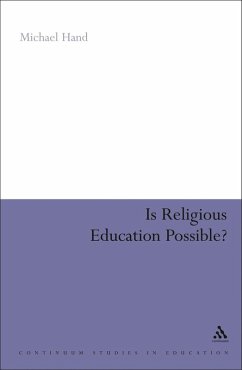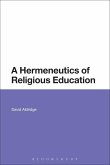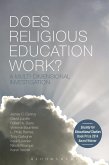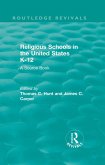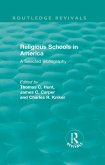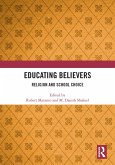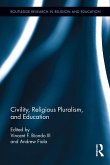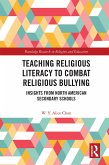Is Religious Education Possible?: A Philosophical Investigation tackles a well-established problem in the philosophy of education. The problem is the threat posed to the logical possibility of non-confessional religious education by the claim that religion constitutes an autonomous language-game or form of knowledge. Defenders of this claim argue that religion cannot be understood from the outside: it is impossible to impart religious understanding unless one is also prepared to impart religious belief.
Michael Hand argues for two central points: first, that non-confessional religious education would indeed be impossible if it were true that religion constitutes a distinct form of knowledge; and, second, that religion does not in fact constitute a distinct form of knowledge.
Michael Hand argues for two central points: first, that non-confessional religious education would indeed be impossible if it were true that religion constitutes a distinct form of knowledge; and, second, that religion does not in fact constitute a distinct form of knowledge.

